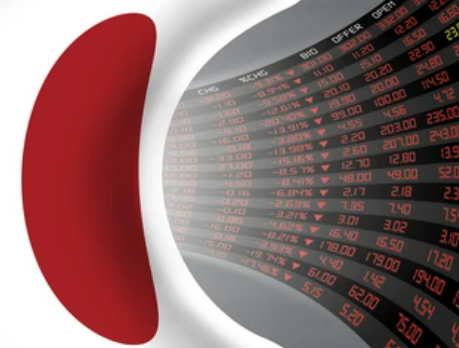
Charlie Brooks
Jun 06, 2022 10:56

According to data published on Sunday, AstraZeneca (NASDAQ:AZN) and Daiichi Sankyo's Enhertu increased survival by more than six months in patients with advanced breast cancer compared to usual chemotherapy.
The data, which was presented at the American Society of Clinical Oncology (ASCO) meeting in Chicago, might open a big, new multibillion-dollar patient group for the medicine that received U.S. approval late in 2019 for the 15 percent of breast cancer patients with HER2-positive illness.
Over 550 patients with so-called HER2-low breast cancer - the majority with hormone-sensitive tumors - whose disease had progressed and who had completed at least one round of chemotherapy are participating in the ongoing phase III research.
The interim analysis revealed that Enhertu increased survival by an extra 6,4 months in hormone-sensitive tumor patients. The group had a median survival rate of 23.9 months, compared to 17.5 months for chemotherapy patients.
In the small sample of patients with hormone-resistant tumors, Enhertu improved survival by 6.3 months.
David Fredrickson, executive vice president of AstraZeneca's oncology unit, expressed surprise to Reuters that the improvement in overall survival was obvious even at the interim analysis point.
This provides a great deal of assurance that the benefit we are observing here is genuine.
The prognosis for individuals with advanced HER2-positive breast cancer has been vastly improved by a variety of targeted therapy. More than half of women whose breast cancer has progressed to other organs and express little or no HER2 have restricted therapeutic options; this is known as HER2-low status.
It was statistically significant that hormone-sensitive patients who got Enhertu had a progression-free survival (PFS) of 10.1 months on average, compared to 5.4 months for chemotherapy.
Enhertu more than doubled the PFS for hormone-insensitive individuals, from 2.9 months with chemotherapy to 6.6 months with Enhertu.
AstraZeneca is in talks with regulators worldwide regarding authorisation for the HER2-low population. Analysts at Jefferies predicted last month that annual global peak sales of Enhertu for these patients would reach $2.5 billion, and around $6.6 billion for all indications.
There are safety issues with the medicine, which is provided by intravenous infusion. It has been associated with interstitial lung disease, a form of lung scarring (ILD). In the trial, 45 Enhertu patients developed varied degrees of ILD, compared to one patient in the chemotherapy group.
Enhertu is part of a therapeutic class known as antibody drug conjugates (ADC), which are designed antibodies that bind to cancer cells and release cell-killing chemicals.
A study showed that it lowered the risk of disease progression or death by 72% when compared to Roche's Kadcyla, the standard treatment. It was approved as a second-line treatment option last month.
Enhertu is being studied for usage in breast cancer's earliest stages, as well as lung and colorectal malignancies. It has been approved for HER2-positive stomach cancer.
Reuters quoted Tara Hansen, a consultant at Informa Pharma Custom Intelligence, as saying, "As far as breast cancer is concerned, I'm rather certain that Enhertu will finish revolutionizing the therapy paradigm over the next five years."
In 2021, Enhertu generated $214 million in revenue. Three years ago, AstraZeneca acquired partial rights to the Daiichi Sankyo chemical in a deal valued up to $6.9 billion.

Jun 02, 2022 15:55
